10 plants that repel mosquitoes naturally from your outside space
Start growing plants that repel mosquitoes outside to keep your backyard or balcony space ripe for entertaining throughout the summer months

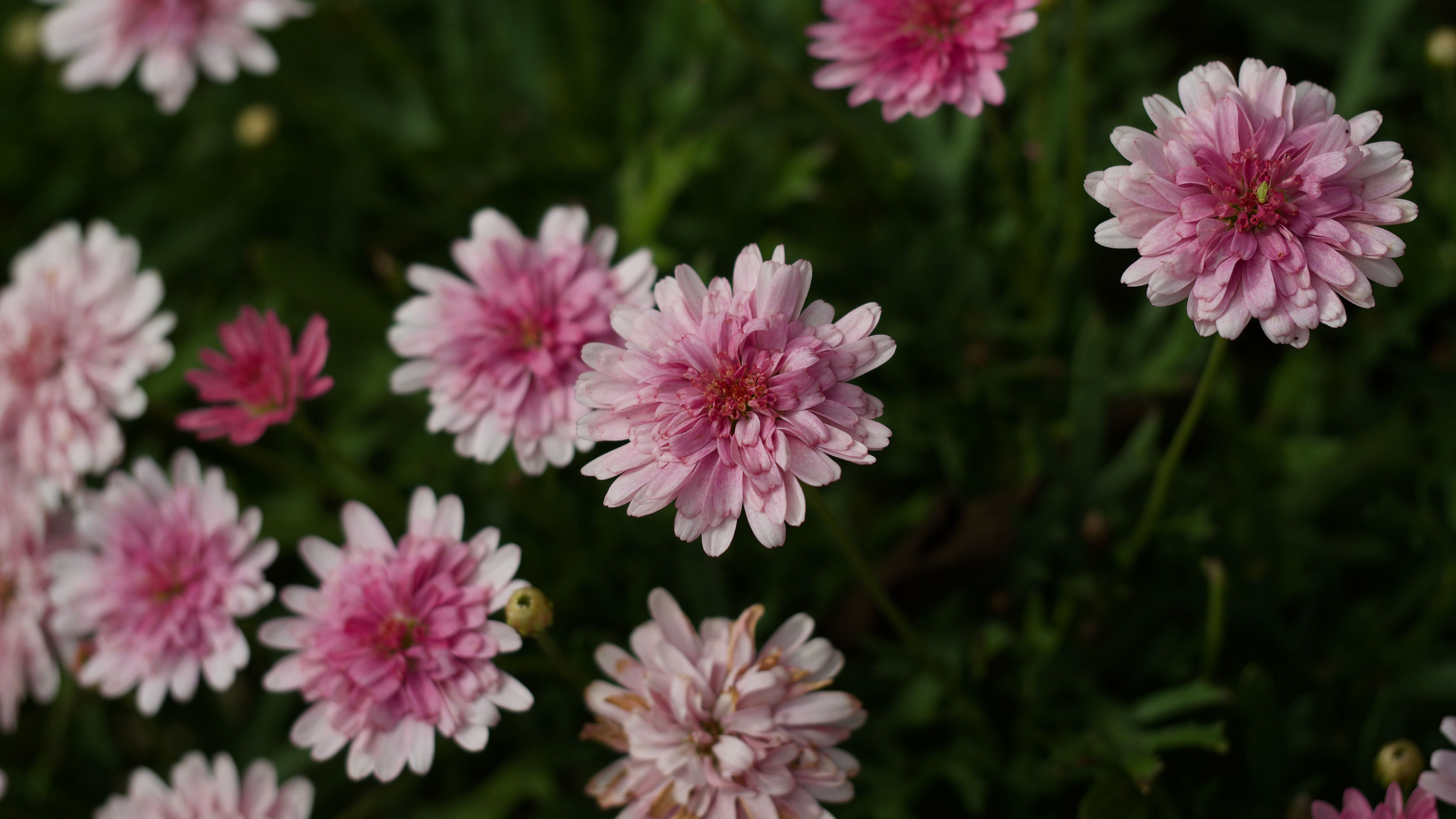
It's all about outdoor living right now but if the buzz of mosquitoes is making your al fresco dining situation more stressful than it's actually worth, rest assured there is more to getting rid of mozzies than you may think, and actually, there are different plants that repel mosquitoes naturally from your yard which can help tackle this problem pretty effectively long-term also.
Chris Bonnet of GardeningExpress says 'These pesky biters can be found year-round, but are particularly prevalent during warmer months. They are great at biting and stealing a human’s blood incognito, as they produce an anesthetic when they bite. Mosquitos are most active on warm evenings, so cover up any bare skin up to prevent getting bitten.'
So of course, you could spray yourself with deet or a homemade mosquito repellant, but as with most effective ways of eliminating pests and bugs, a layered approach is the best method. And when one solution nods to nature and gorgeous garden planting, we're here for it:
1. Eucalyptus Gum Tree
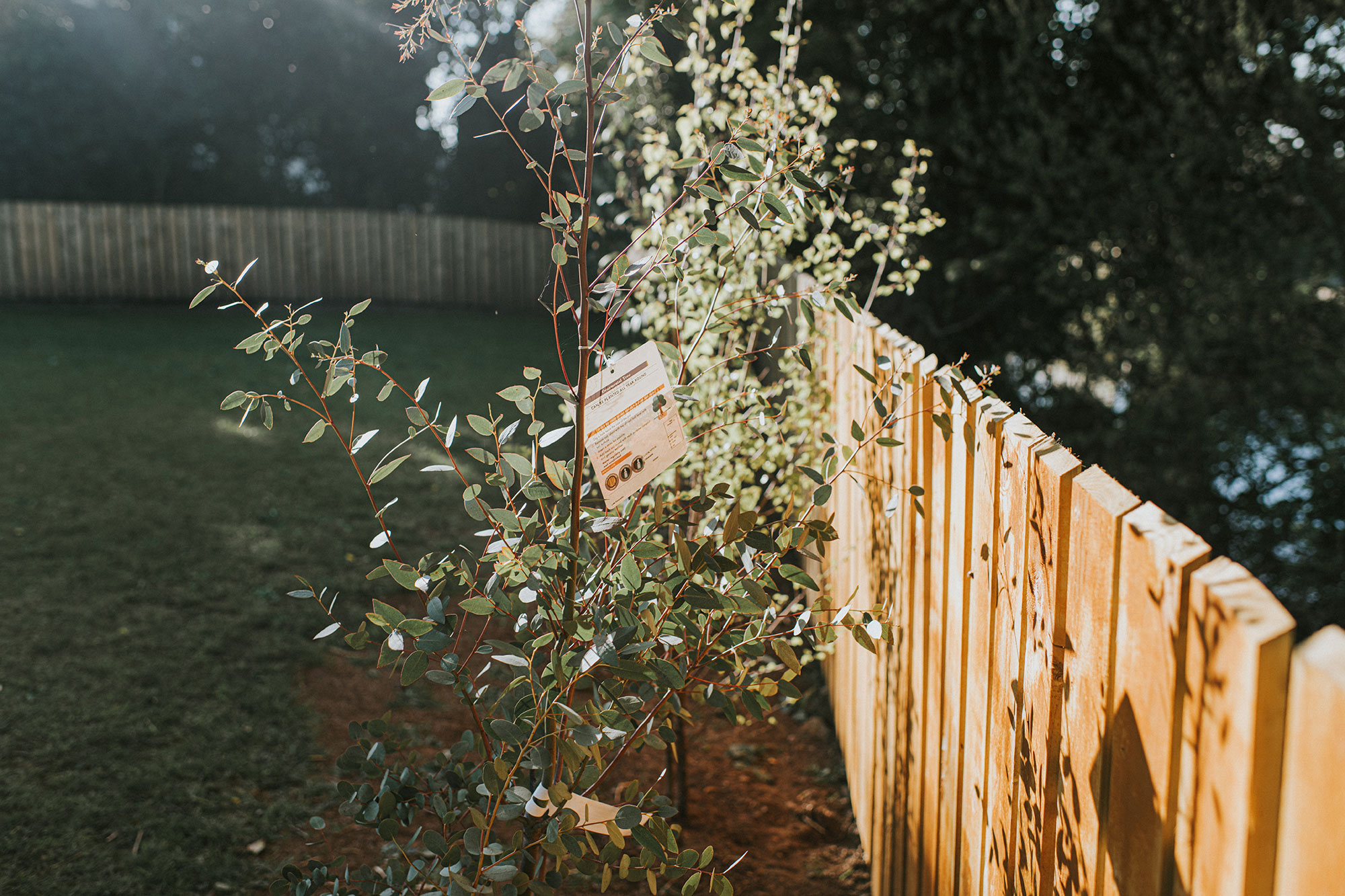
Bonnett recommends the Eucalyptus Gum Tree to help repel mosquitoes outside. 'The Eucalyptus Gum Tree is also worth investing in. This plant is well known for its insect repelling qualities thanks to its pleasant menthol aroma.'
2. Chrysanthemums (mums)

Mark Ashton, Product Manager at Burton McCall – the distributor of highly effective patio shield mosquito repeller Thermacell in the UK – recommends planting Chrysanthemums to keep mosquitoes out of a yard naturally.
'Chrysanthemums are a great flower to plant in any garden, not only because they come in a variety of shapes and colours but also because they are a natural bug repellent. Chrysanthemums secrete a natural toxin that acts as a pesticide yet is harmless to other garden wildlife and humans.'
Be aware that mums are toxic plants for cats so if you have a kitty running around, the next plant that repels mosquitoes will be a safer option.
Get small space home decor ideas, celeb inspiration, DIY tips and more, straight to your inbox!
3. Catnip
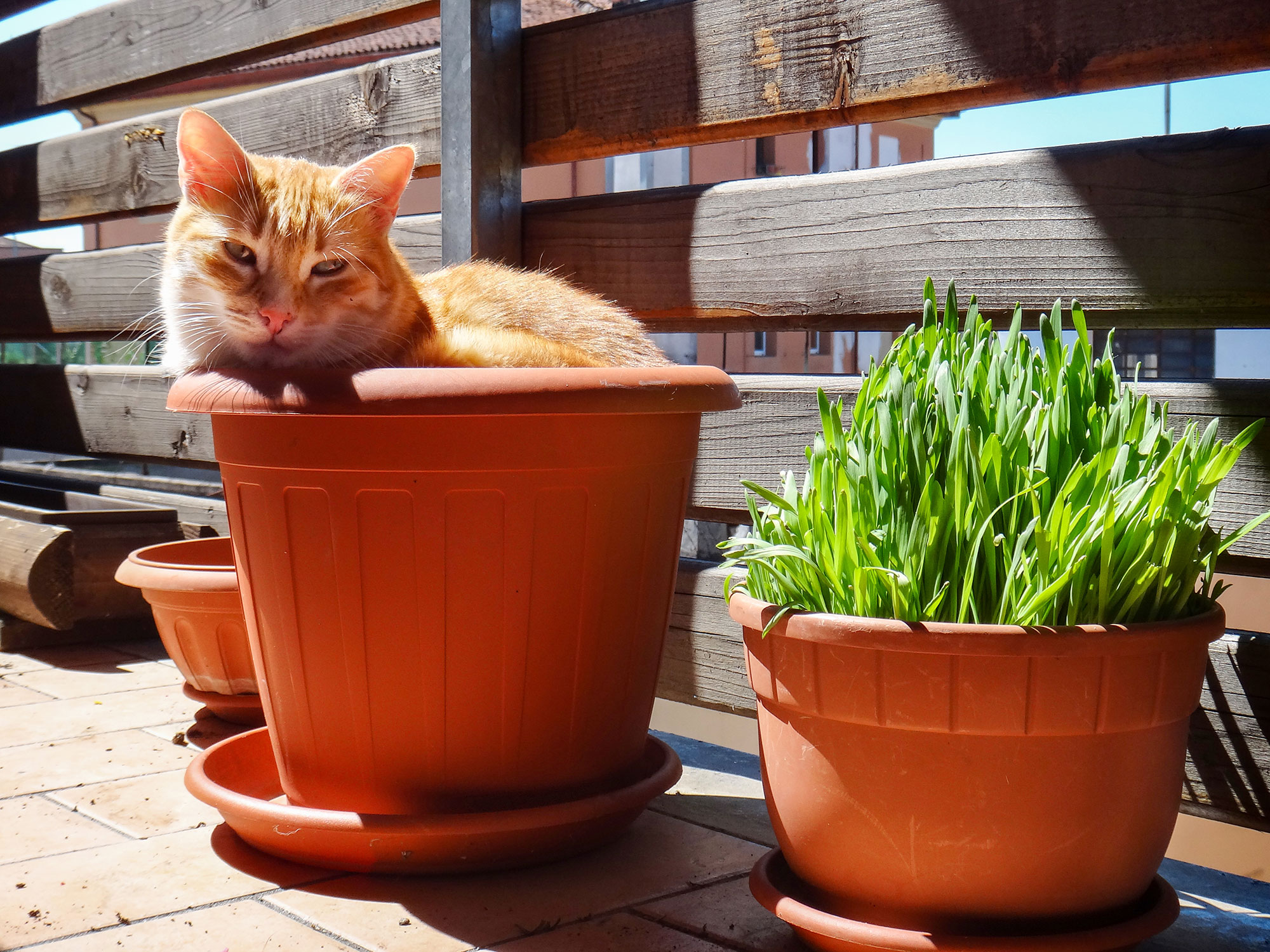
There are numerous studies into how effective an insect repellent catnip (Nepeta) is, many of which prove catnip to be just as, if not more effective, than deet and other commercial repellents in deterring mosquitoes. According to research conducted by Northwestern University and Lund University, Illinois in particular 'Recent research shows catnip compounds to be at least as effective as synthetic insect repellents such as DEET.'
The reason why cats are so drawn to catnip is part of an entirely different pocket of research however, the euphoric-inducing plant for cats is worth growing if you want to repel mosquitos outside and create a zen environment for your kitty.
Similarly, catmint (Nepeta x faassenii) the flowering plant that is often considered a weed has also been part of nuermous studies proving it to be effective at repelling mosquitos. It doesn't' have the same effect on cats but if you have it in your yard already, we would avoid pulling this up if mosquitoes are a problem in your area.
4. Lavender
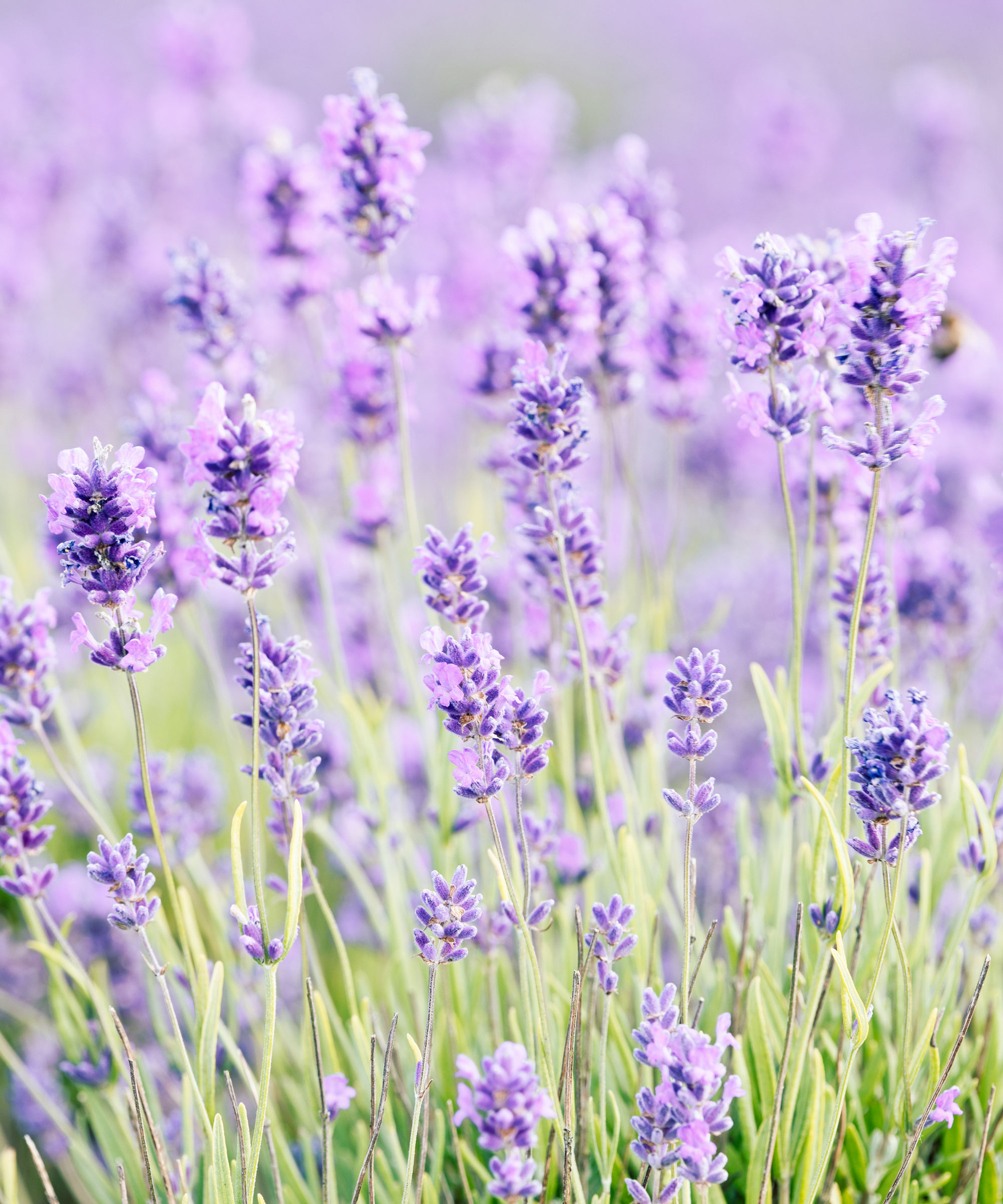
A great plant to encourage wildlife into your yard, lavender is stunning and a must to grow if you want to keep files and other intrusive insects away. It's full of essential oils which bother mosquitoes so it's worthwhile growing lavender in borders or pots. Plus, it's a hardy plant, requiring only full sun and good drainage.
You can of course use the lavender flowers also to add an extra layer of protection on you or guests as Bonnet recommends, 'Instead of using chemical-based products to repel the nasty biters, opt for crushed lavender flowers. Rub the mixture on areas that are particularly sensitive and susceptible to bites. The fragrance and oils produced repel adult mosquitoes and lavender has analgesic, antifungal, and antiseptic qualities, meaning it will also calm and soothe the skin.
5. Citronella
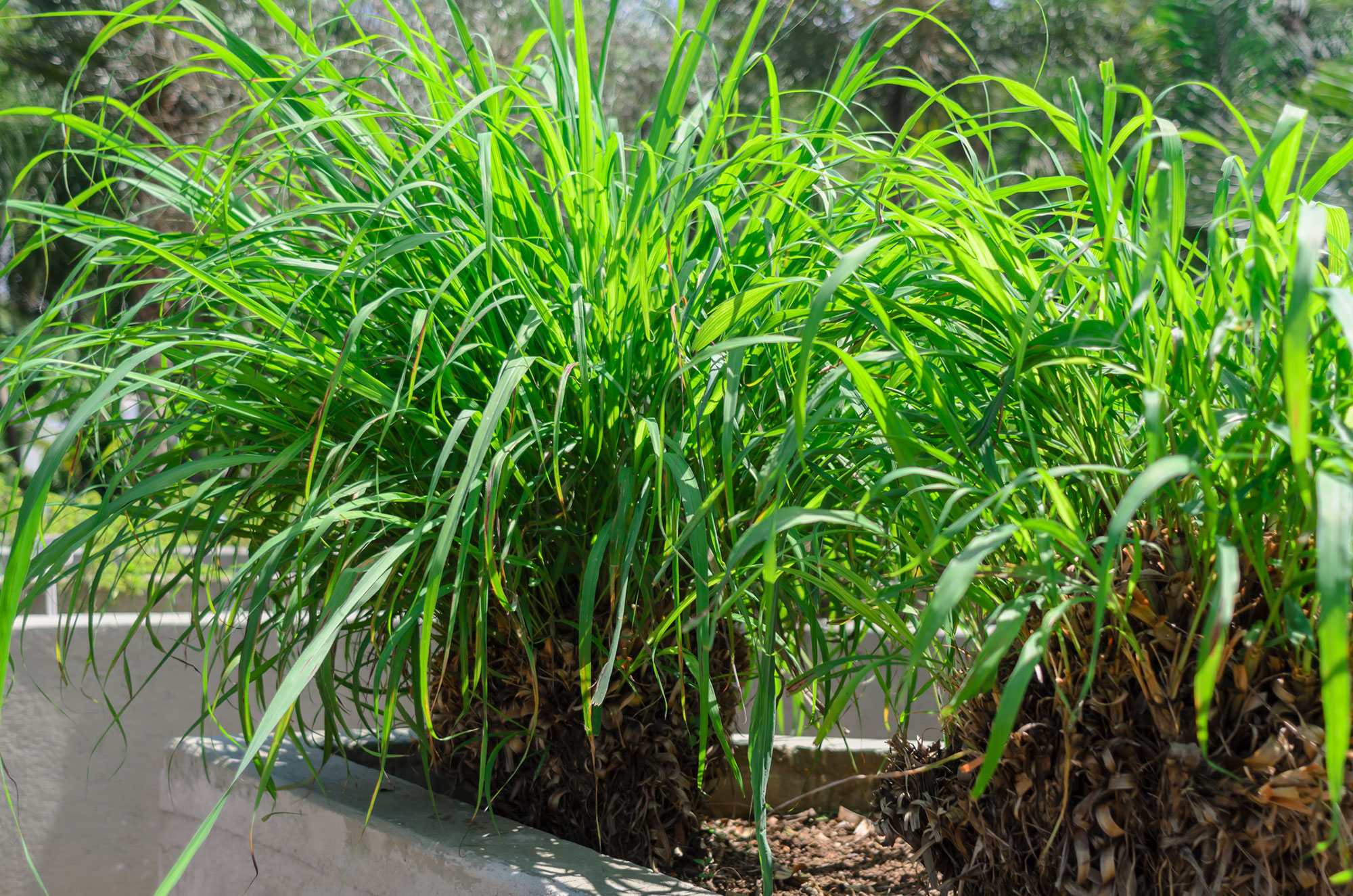
If you've ever bought a citronella candle before to fend off mozzies then this will come as no surprise.
The citronella is a medicinal plant that is a super effective insect repellent. Plant it out to enjoy the scent and less bites. Double up with a candle on your outdoor patio set for maximum effect.
6. Basil
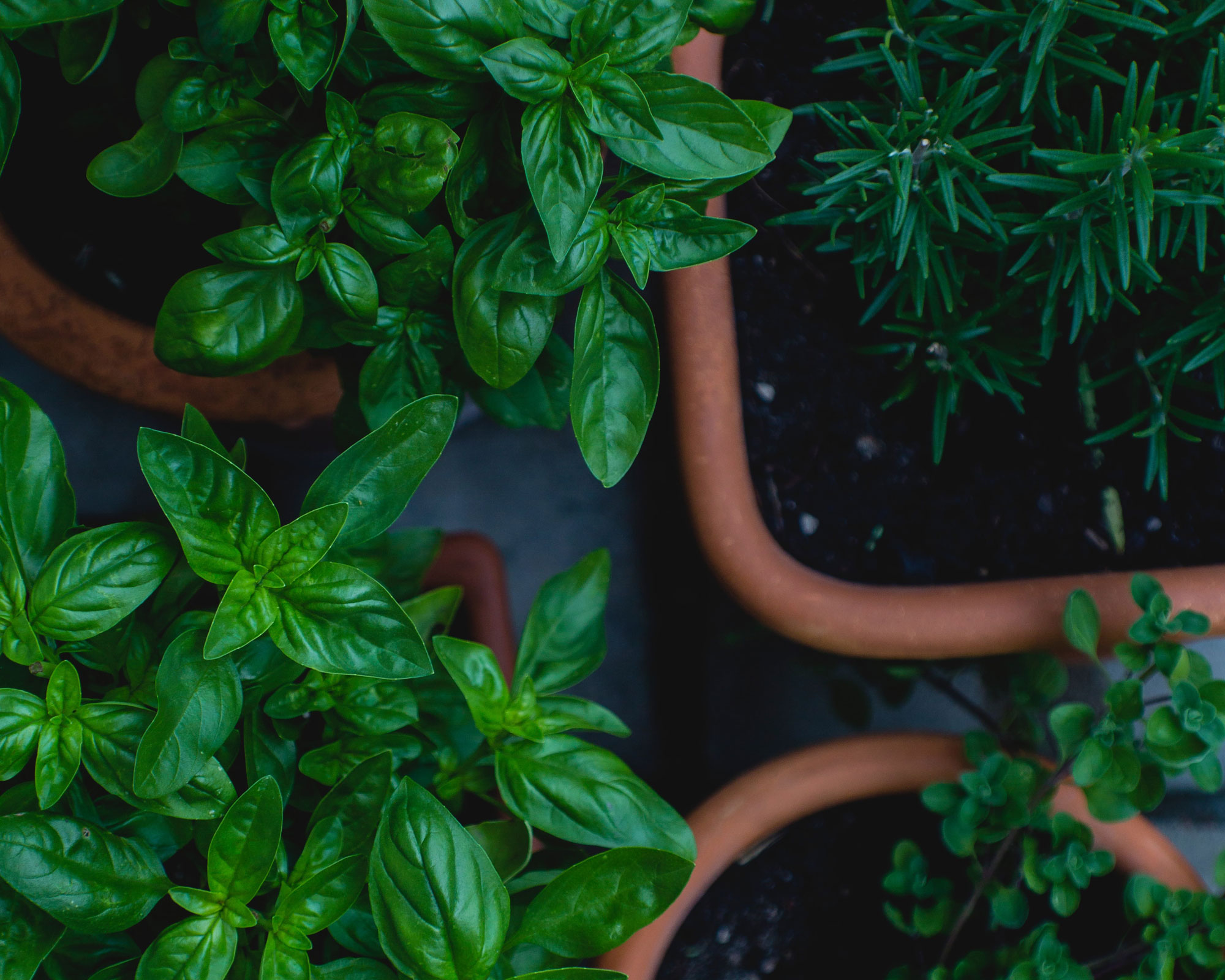
Basil is pretty easy to grow in containers and their pungent (delicious) smell deters mosquitos and other annoying bugs like flies. The stronger the smell the more effective so add a couple of plants into your herb garden for a lovely display – especially when it flowers – and you'll be able to use it in al fresco cooking also.
7. Rosemary
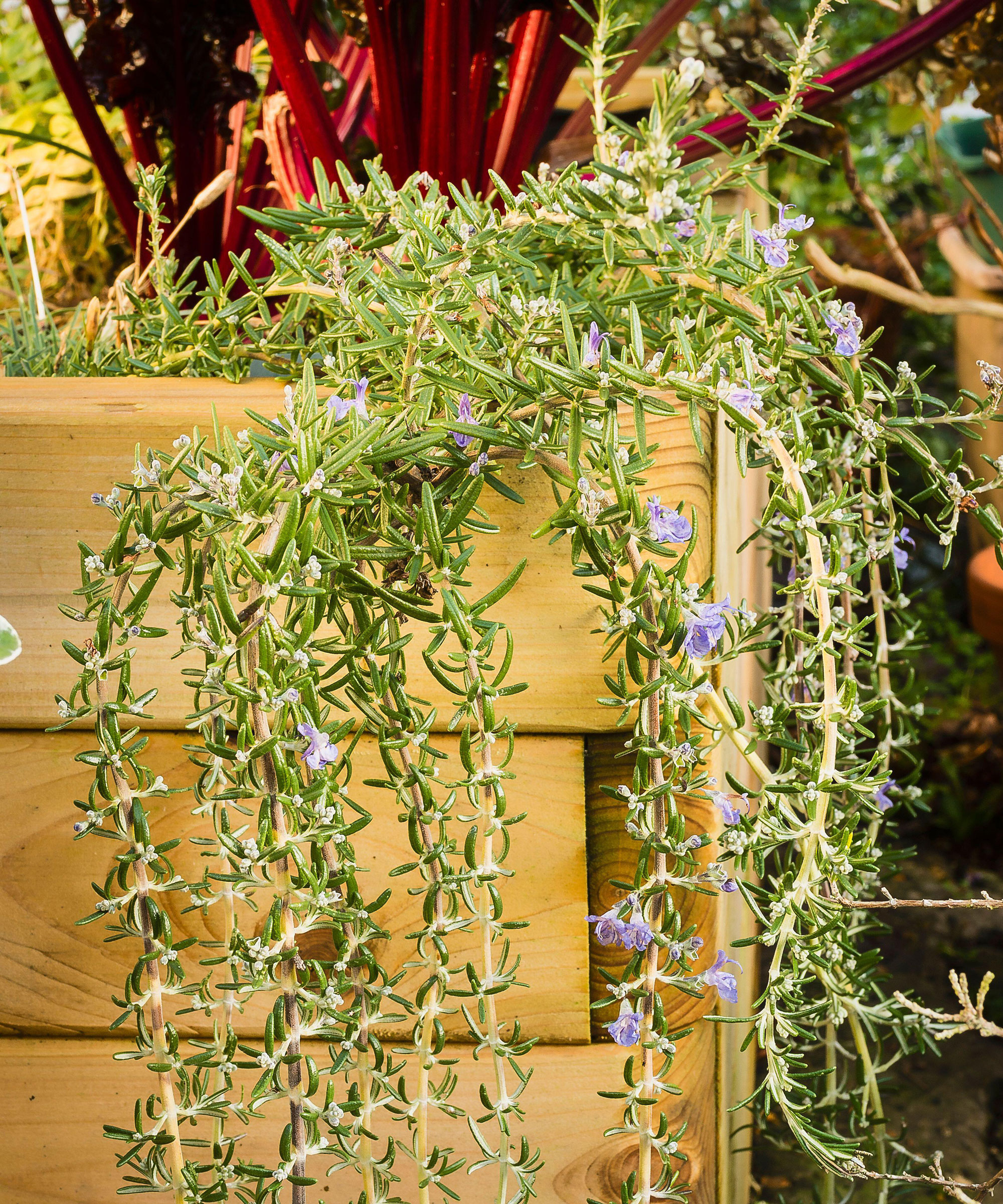
Rosemary's woody scent will deter mosquitoes naturally from an outdoor space. Add it to your vegetable garden and enjoy snipping off the odd piece to add to potato dishes and the like.
8. Mint
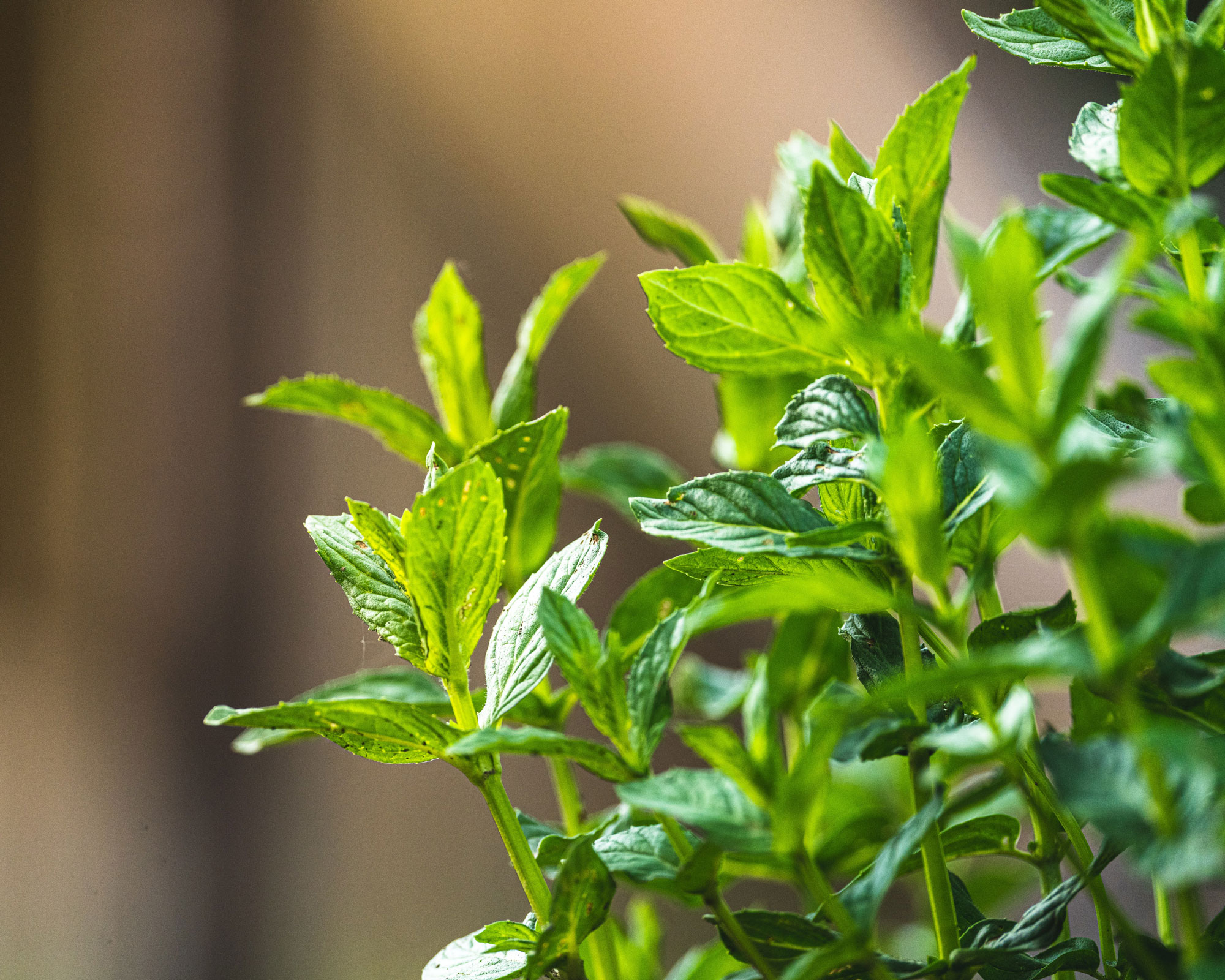
Another must in a yard, grow mint and its potent smell will help ward off mosquitoes from your outdoor space.
9. Marigolds

Marigolds make the perfect addition to a colorful garden border and they have long been known to emit a strong scent that keeps mosquitoes and other garden pests at bay. Try companion planting with marigolds to ward off tomato worms and the like for a better success rate with your crop and for less buzzing around your yard in general.
10. Garlic

Garlic deters vampires (obviously) and lots of garden pests and insects, mosquitoes included. Plant bulbs around your plot to fend off mozzies plus, if your neighbor's cat keeps doing its 'buisness' in your yard, garlic could also fix that problem!
Do mosquito repellent plants work?
Many swear by the power of plants to repel mosquitos and lots of studies support this. Citronella has been used for years to repel mosquitoes and there's a reason why many indoor devices used as insect repellents contain the likes of citronella, chrysanthemums and other plant extracts that secrete naturally effective pesticides.
If you want to double up protection when outdoors you could try something discreet like a mosquito shield by Thermacell that is actually designed to mimic the natural pesticide secreted by chrysanthemums. Ashton adds 'The Halo Mini Protector by Thermacell is the best mosquito killer for the garden. The Halo Mini Protector effectively repels mosquitoes by creating a 20m2 zone of protection for you and your pets against mosquitoes, midges and other small flying insects. The heat-activated mats are saturated with a synthetic chemical called allethrin, which mimics the natural pesticide secreted by chrysanthemums. There’s no need to use smelly, harmful sprays or oily lotions. With no noise or scent, this compact, stylish device looks great on any patio. The device is designed to be easy to use, simply insert the heat-activated mat, a butane cartridge, and turn on!'

I'm Cam, the former deputy editor of Real Homes who worked on the site from 2020 to 2023. As a renter myself, sharing a home with two friends (and my cat) in London, I know all too well the challenges that this can pose when it comes to creating your perfect setup. As someone who has always loved everything interior design-related, I cannot rest until a home feels right and I am really passionate about helping others get there too, no matter what their living situation, style, or budget may be. It’s not always the easiest to figure out, but the journey is fun and the results are so worth it.
After interior design, travel, art, and photography are my next big passions. When I’m not writing or editing homes content, I’m usually tapping into other creative outlets, exploring galleries in London or further afield, taking photos, scribbling, or drawing!